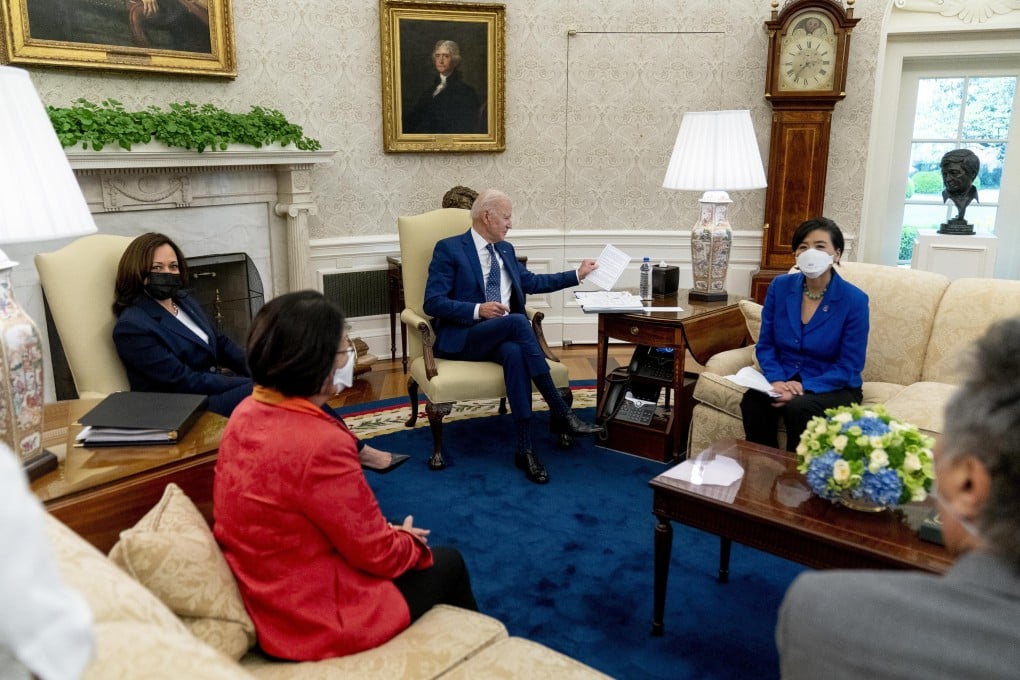Advertisement
Opinion | Behind the myth of Asian-American success lies institutional racism
- The dangerous myth that Asian-Americans ‘have it easier’ because of their work ethic and studious culture erases the suffering and predicaments of Asian migrants
- Asian-Americans have historically refrained from demanding redress for structural inequalities, their silence taken as carte blanche for governmental inaction
Reading Time:3 minutes
Why you can trust SCMP
18

An elderly Chinese woman, punched on the streets of San Francisco. A Filipino-American woman, kicked and stomped on near Times Square. A Chinese man who collected scrap for a living, left in coma after an attack in Harlem.
These are just the tip of an iceberg of abuses against the Asian diaspora in the United States, and of the vitriol and ignominious prejudices harboured towards vulnerable migrants across the West, already disenfranchised and alienated from mainstream political discourse.
To put it bluntly, these are tough times to be Asian in the West.
Advertisement
With political figures dog-whistling phrases such as “kung flu” and “Chinese virus”, and the increasingly bipartisan neo-McCarthyism aimed at Chinese scholars, students and migrant workers, it is no surprise the US has become a deeply hostile environment for anyone who looks Asian.
It is tempting to characterise racism as the fault of a few malignant individuals, especially as the Covid-19 pandemic has brought out the worst in many. Yet the entrenched racism in the West towards East Asians – including the Chinese diaspora – is in fact the product of structural failures and injustices.

03:59
New Yorkers escort elderly and form street patrols to combat anti-Asian attacks
New Yorkers escort elderly and form street patrols to combat anti-Asian attacks
The Asian community in the US has long suffered from exclusion. From the 1875 Page Act and 1882 Chinese Exclusion Act, to the internment of over 120,000 Japanese Americans during World War II, and the 1950s witch-hunts for Communist sympathisers, East Asians have been viewed as outsiders, enemies and inimical to the American spirit.
Advertisement
Select Voice
Select Speed
1.00x
.png?itok=bcjjKRme&v=1692256346)